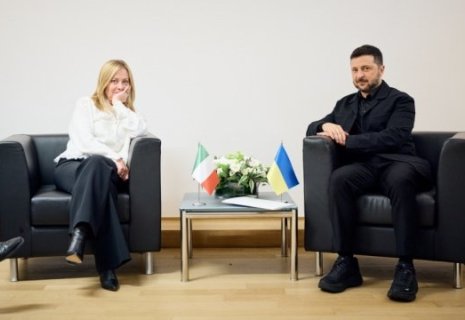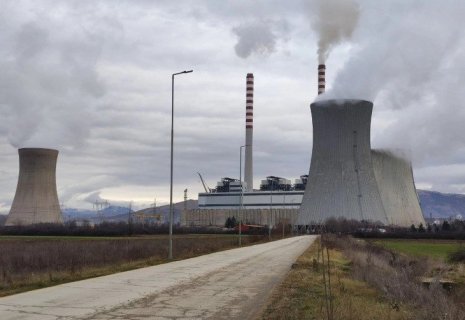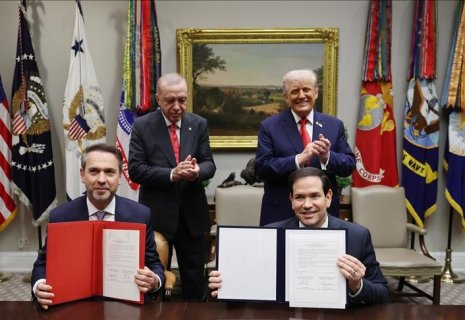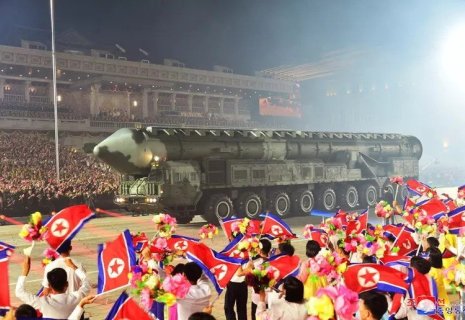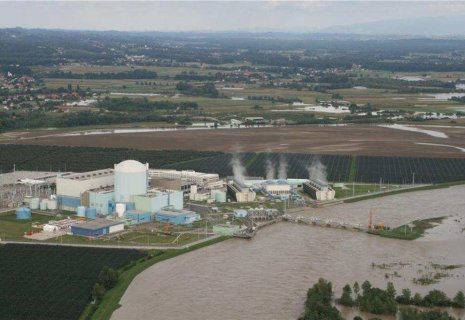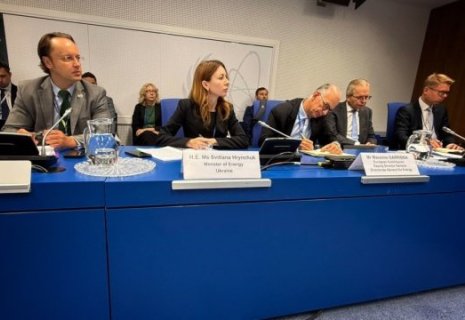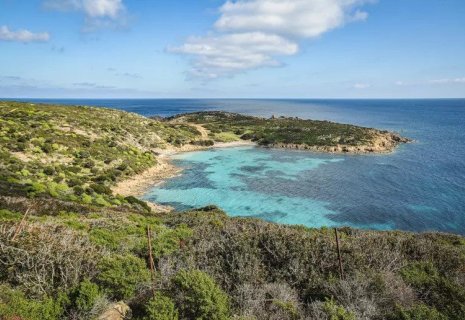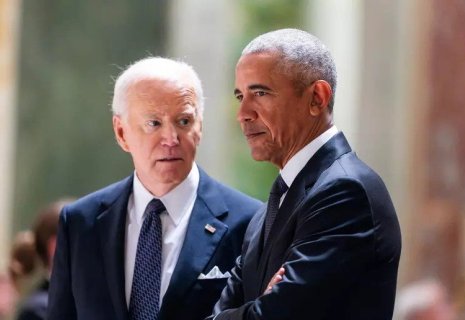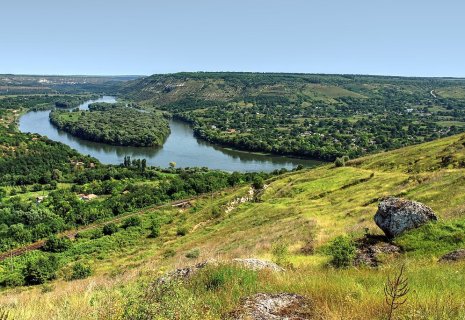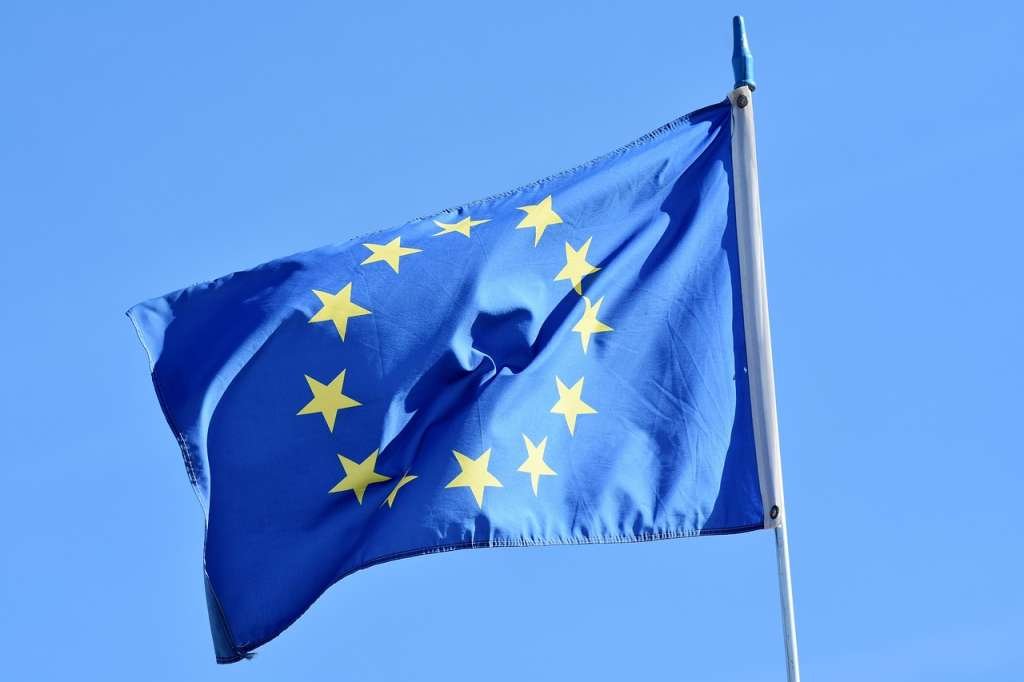
EU unveils gradual ban on Russian gas and oil imports by 2027
The EU's proposed regulation on phasing out imports of Russian gas does not apply to third countries, which means, for example, that Serbia will be able to import Russian gas via Bulgaria — but that gas must not end up in Hungary, said European Commission spokesperson Anna-Kaisa Itkonen, CE Report quotes FENA.
"The regulation (on banning the import of Russian gas) applies only to EU member states, meaning Russian gas intended for member states, but not for third countries. So when we say that the regulation does not apply to Serbia, it means that Serbia can import Russian gas for its own needs, but if that gas continues on to Hungary, then it falls under the regulation, and Hungarian customs authorities must check whether the gas is of Russian origin or not," Itkonen said at a press conference.
On Tuesday, the European Commission proposed a regulation under which imports of Russian gas based on new contracts would be banned starting January 1, 2026. Imports based on short-term contracts would be halted by June 17, 2026 — except for pipeline gas to landlocked countries.
The proposed regulation foresees a gradual phase-out of both pipeline gas and liquefied natural gas (LNG) that originates from or is directly or indirectly exported from the Russian Federation.
It also includes measures to facilitate the complete halt of Russian oil imports by the end of 2027. Member states will be required to submit diversification plans with specific measures and milestones for phasing out Russian gas and oil imports.
Under the planned phase-out, imports of Russian gas under new contracts will be banned as of January 1, 2026. Imports under existing short-term contracts will be stopped by June 17, 2026.
As a concession to Hungary and Slovakia, the Commission proposes that pipeline gas imports for landlocked countries with long-term contracts may continue until the end of 2027, when they should be fully stopped.
Member states will need to prepare their national plans on how they intend to stop importing Russian oil by March 1 of next year.

